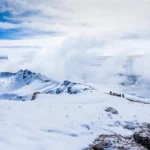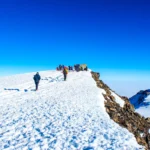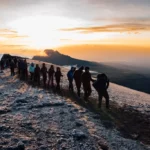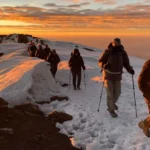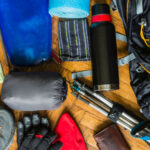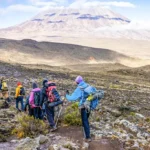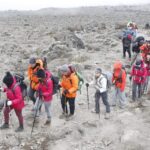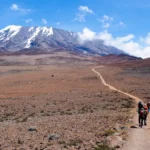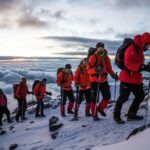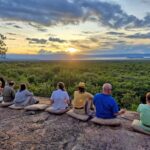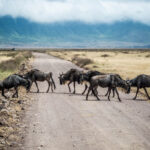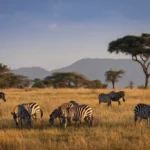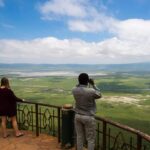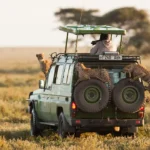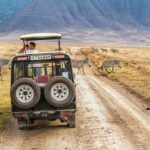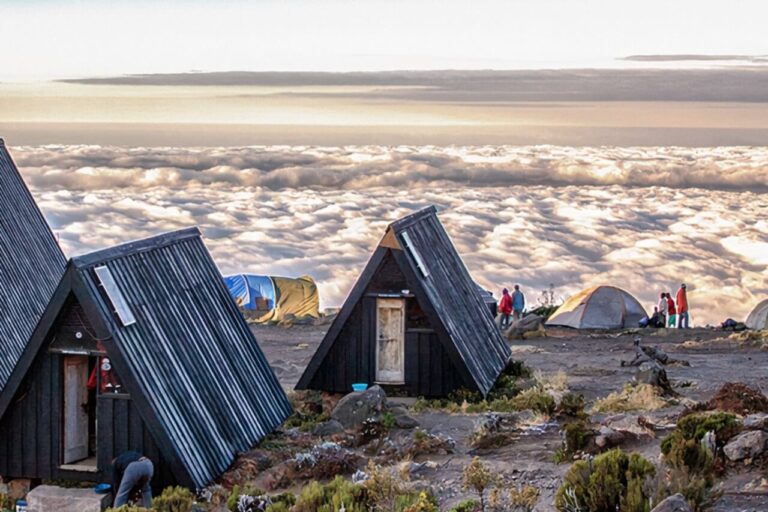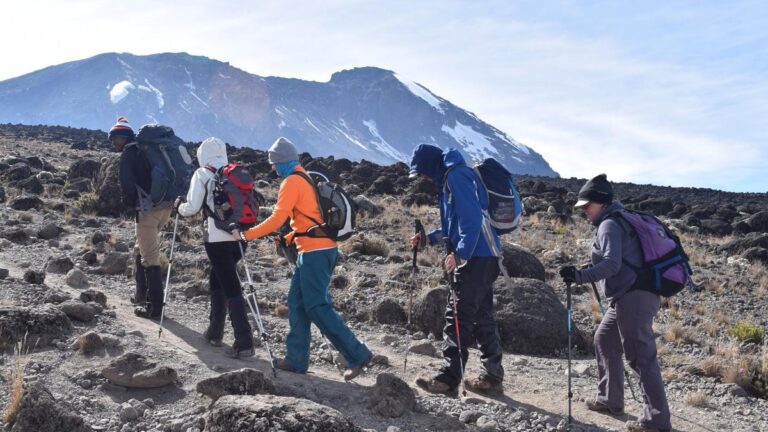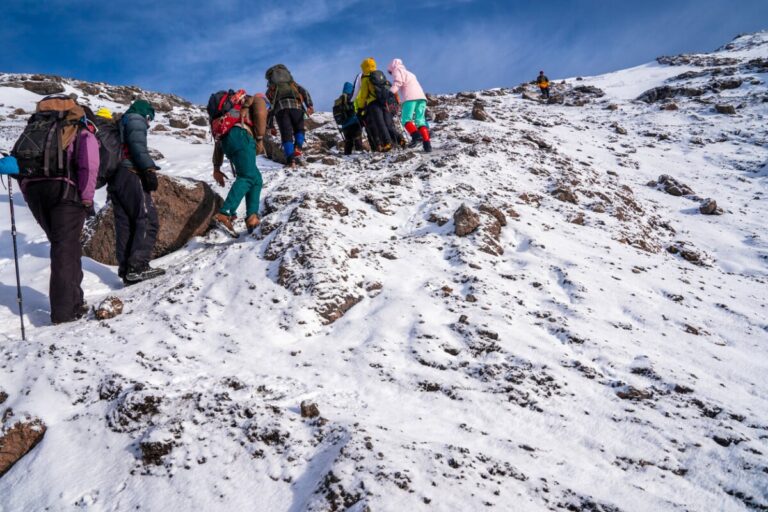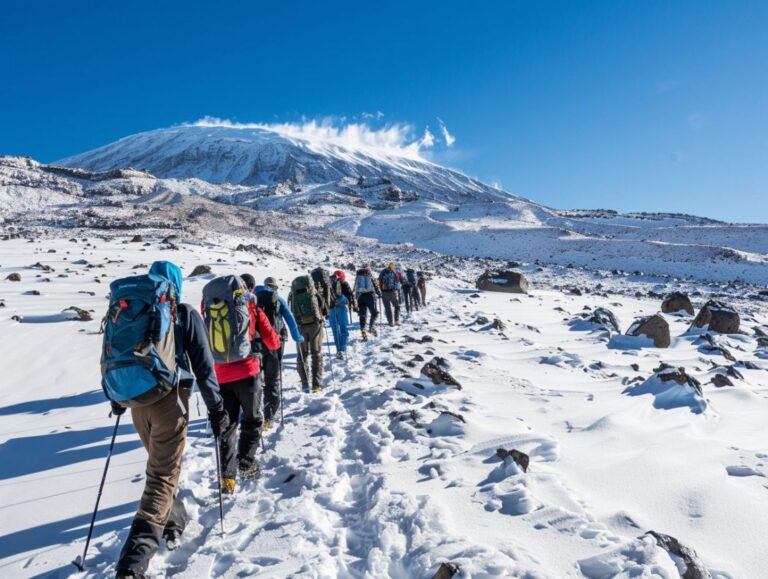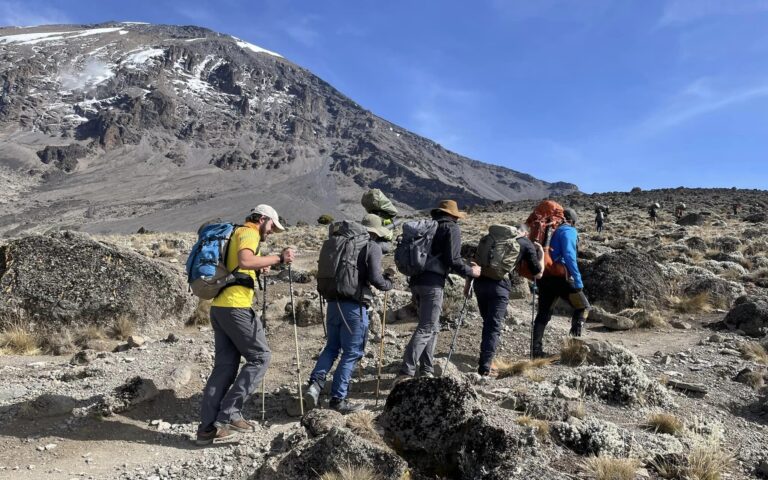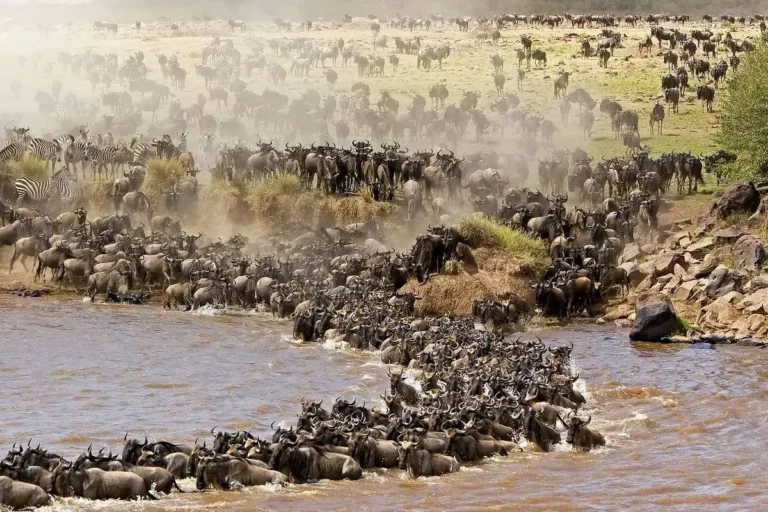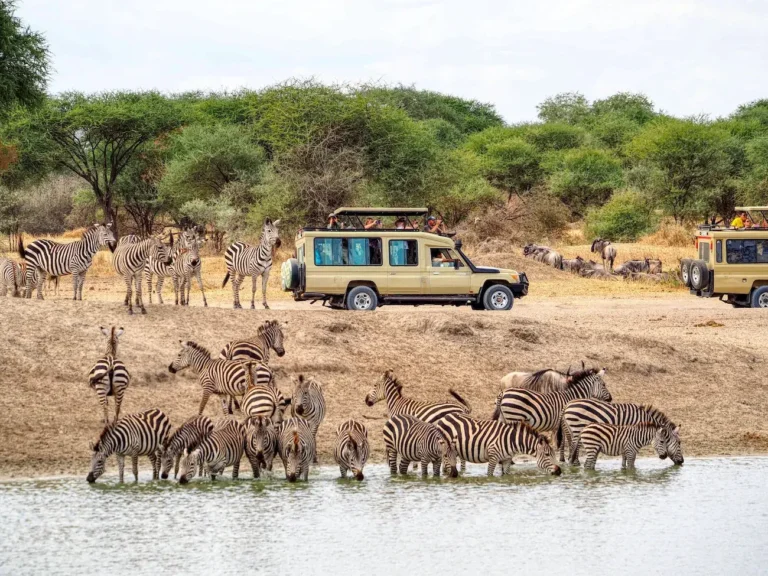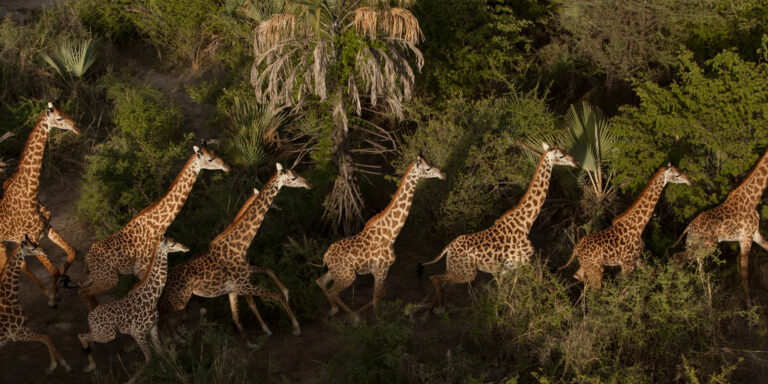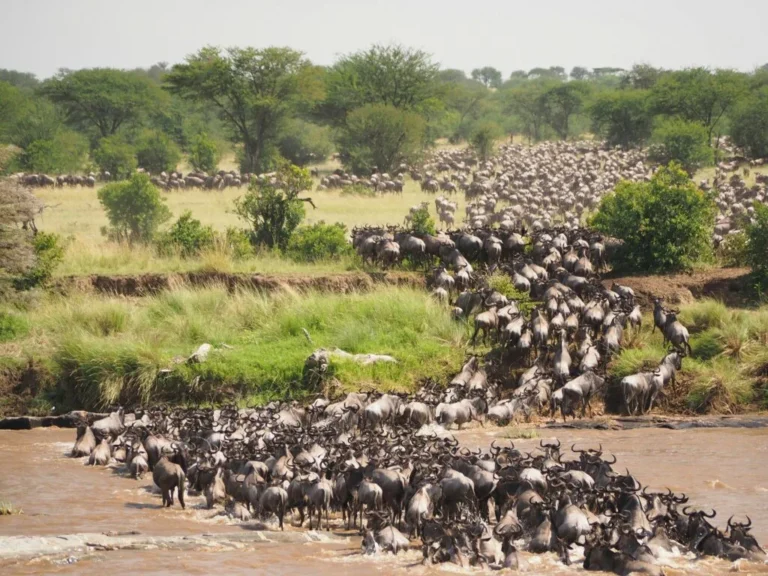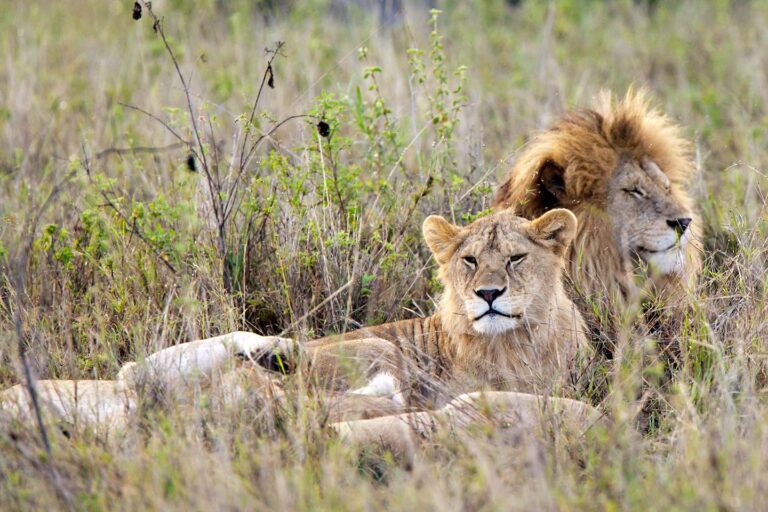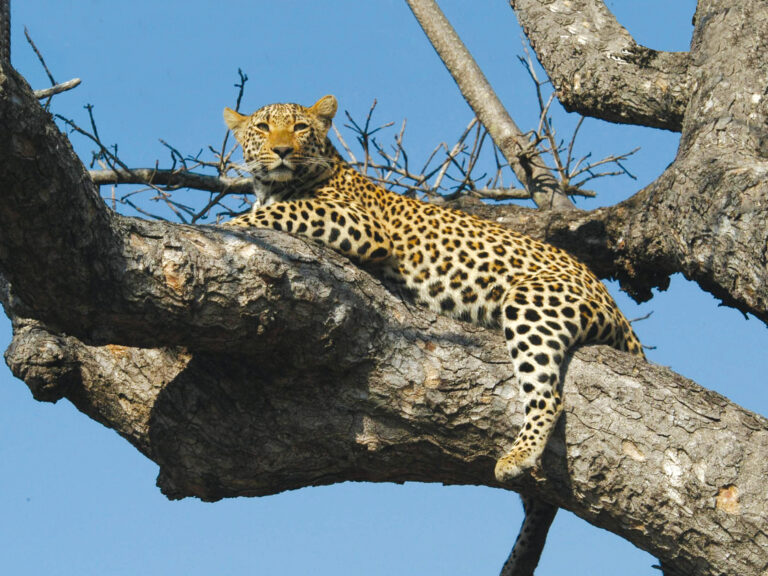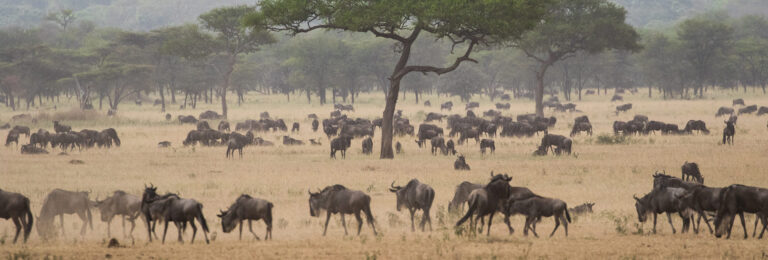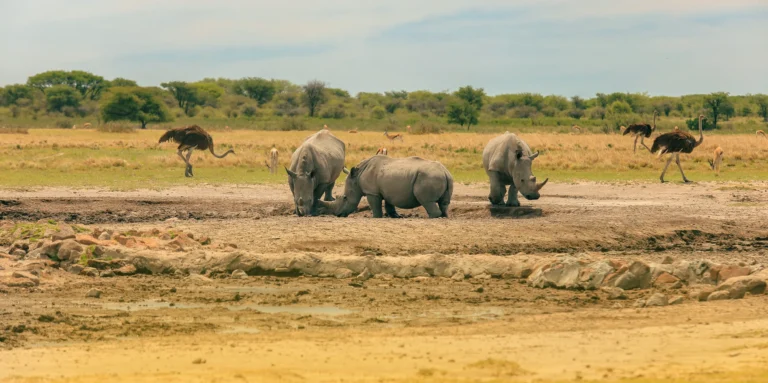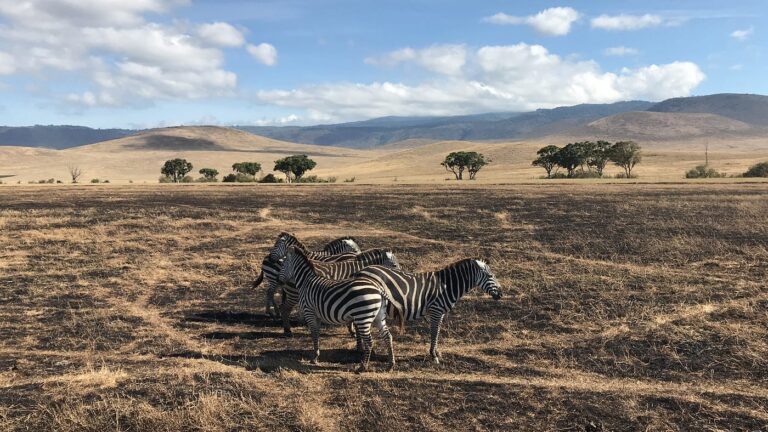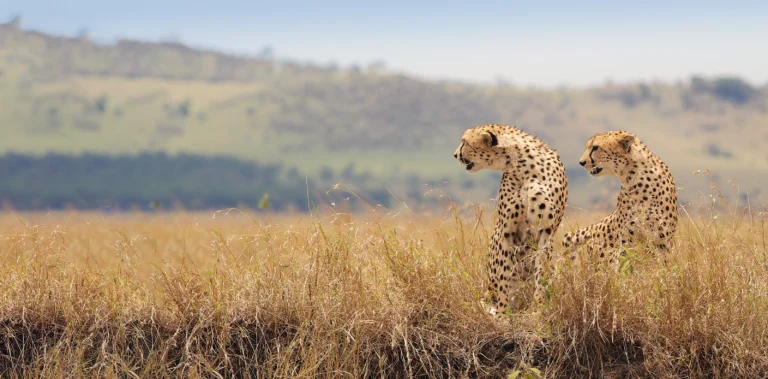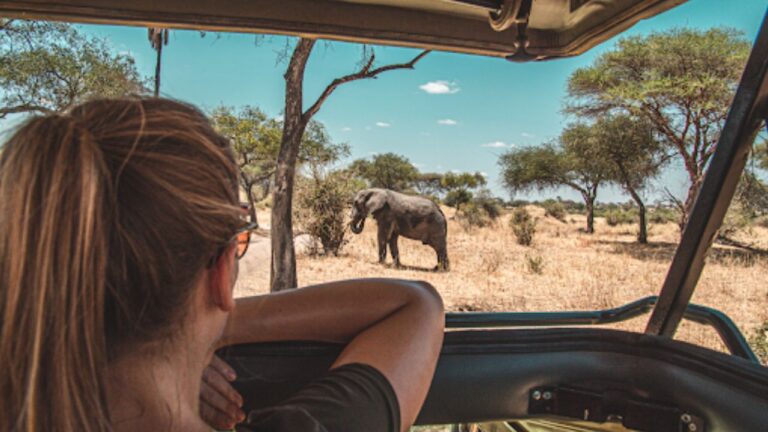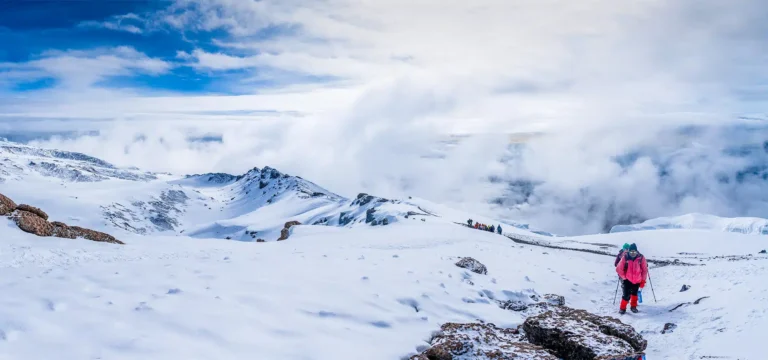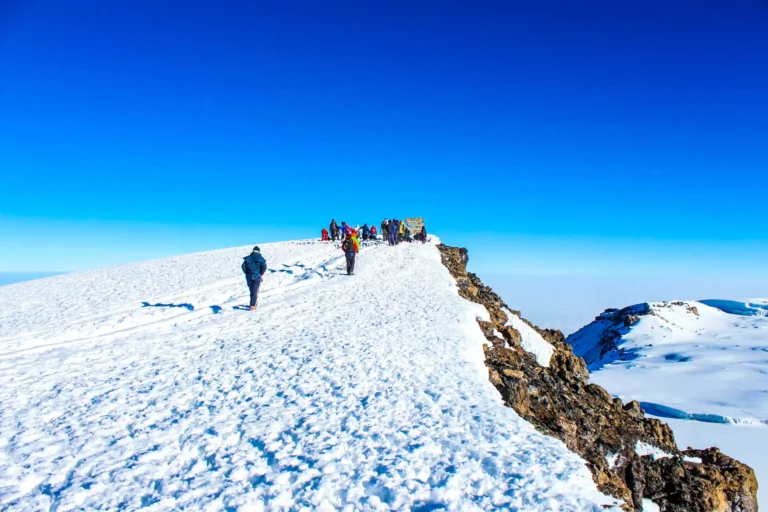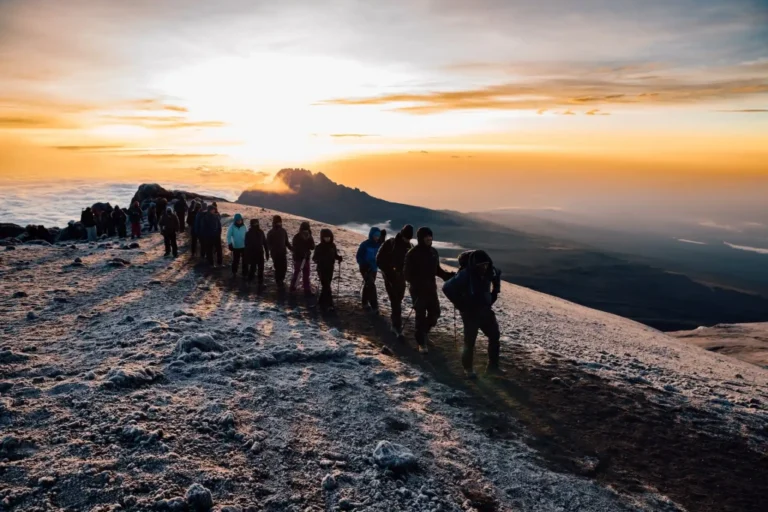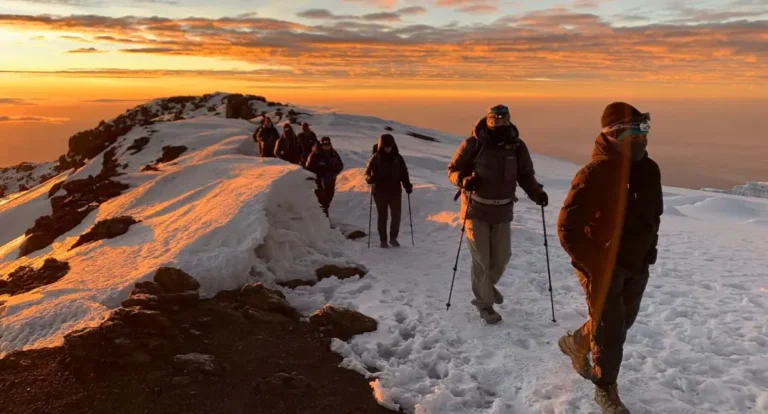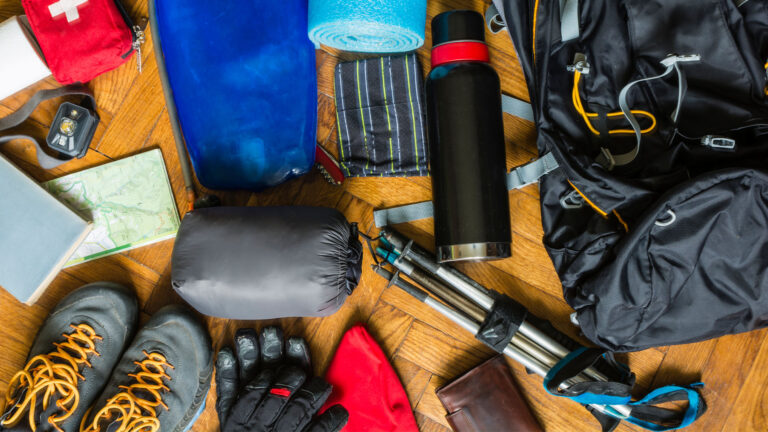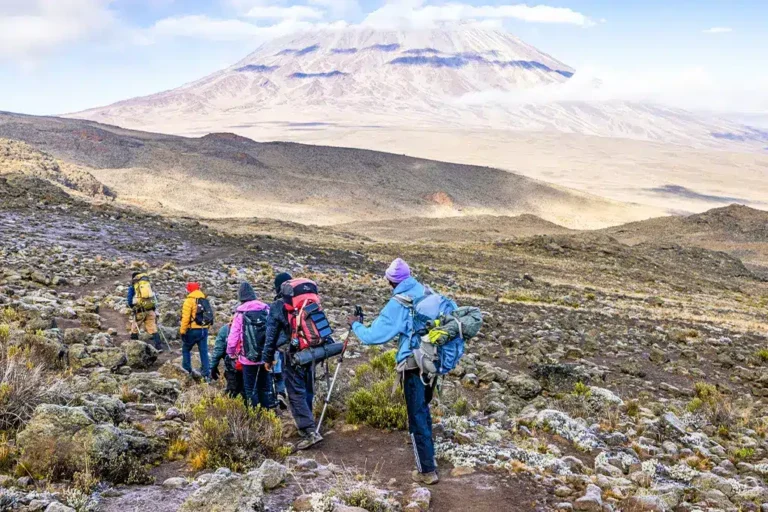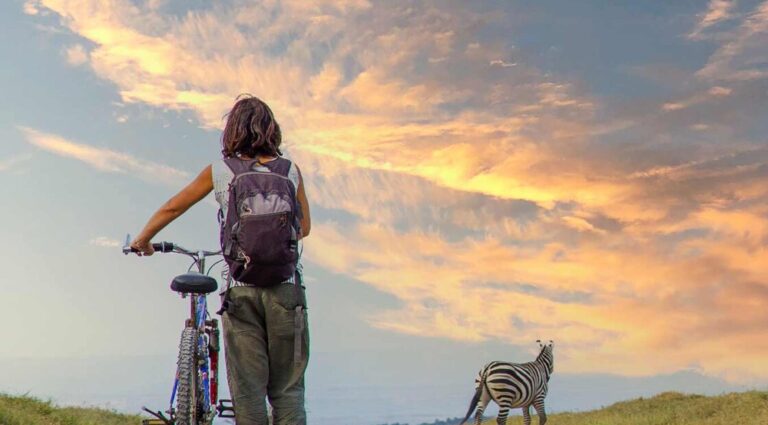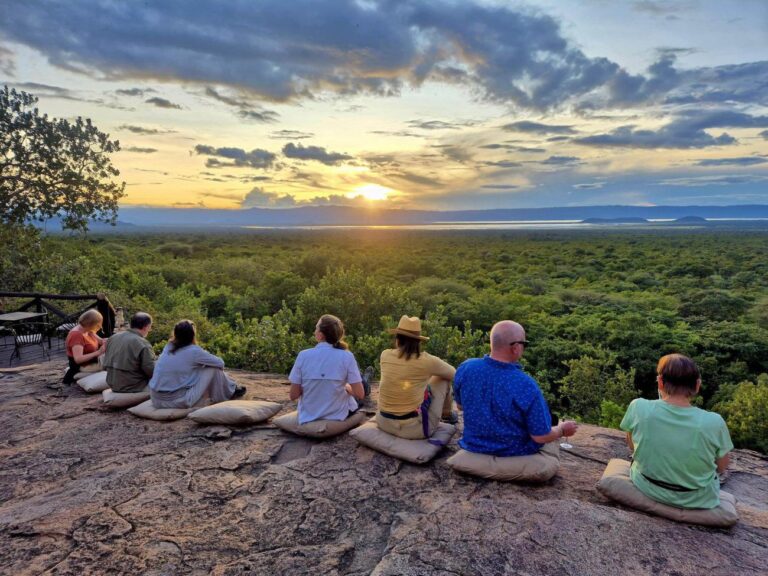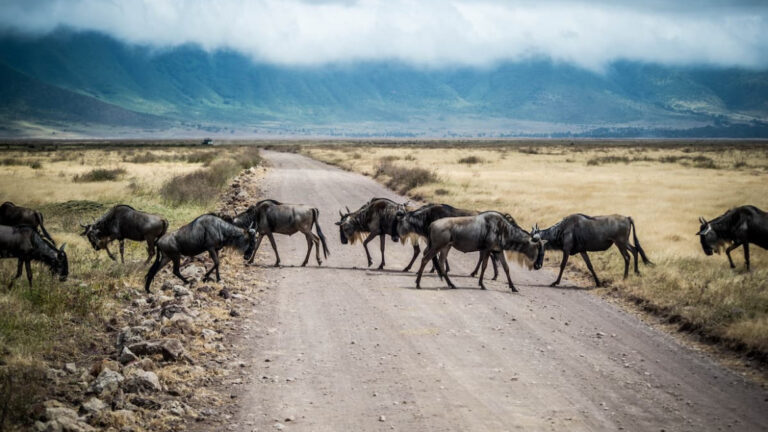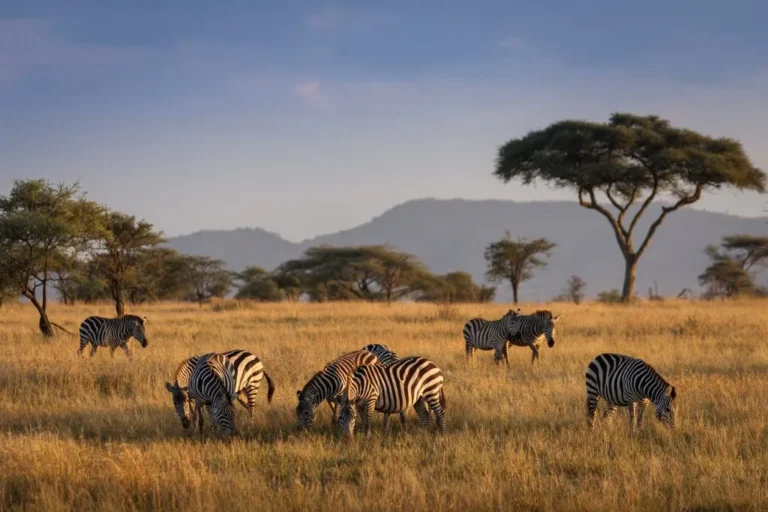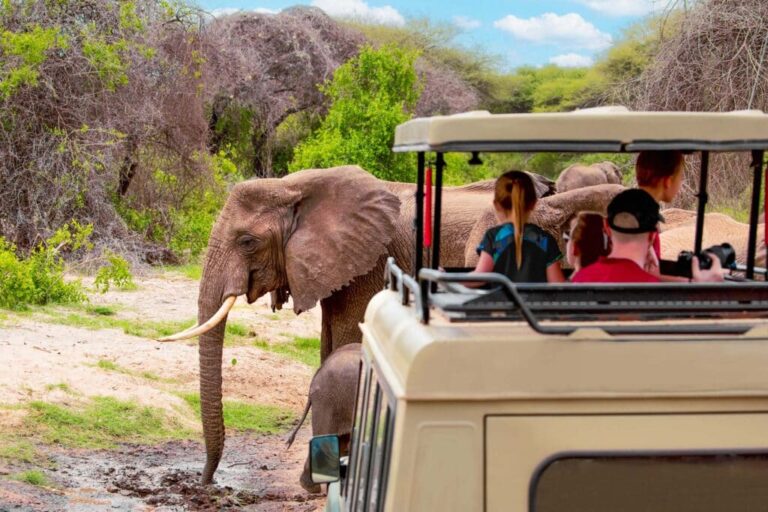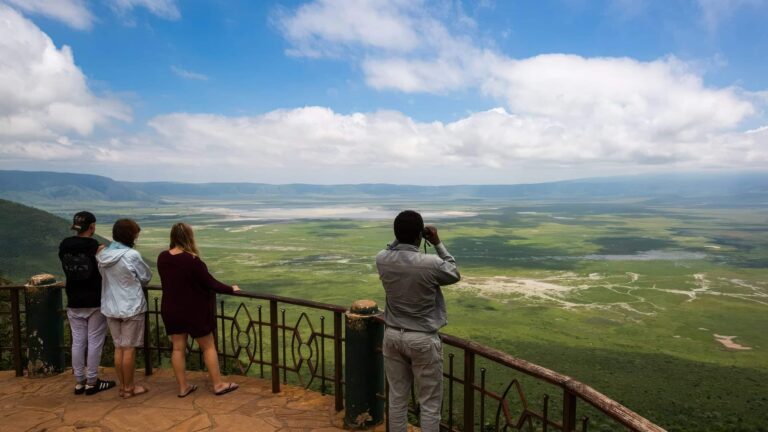Scalare le montagne della Tanzania, come il Kilimanjaro e il Monte Meru, è un’avventura emozionante, ma l’esperienza dipende in gran parte dalla qualità della guida. Una guida competente ed etica garantisce la tua sicurezza, aumenta le possibilità di raggiungere la vetta e migliora l’esperienza complessiva del trekking.
L’esperienza è fondamentale. Cerca guide con una lunga esperienza sui sentieri del percorso scelto. Le guide esperte sanno leggere le condizioni del percorso, gestire il ritmo per l’acclimatazione e reagire rapidamente a qualsiasi difficoltà, dall’altitudine variabile alle condizioni meteo in cambiamento.
La sicurezza è imprescindibile. Una guida professionista dà priorità alla tua salute in ogni fase. Ciò include il monitoraggio dei sintomi da mal di montagna, l’assicurarsi che ci sia una corretta idratazione e alimentazione, mantenere una comunicazione chiara e avere piani di emergenza pronti. Verifica che la guida sia certificata e formata in pronto soccorso e sicurezza ad alta quota.
Gli standard etici sono cruciali. Le guide etiche trattano con rispetto portatori, personale locale e fauna selvatica. Seguono pratiche di lavoro eque, forniscono equipaggiamento adeguato e salari giusti per lo staff di supporto e rispettano le regole di conservazione ambientale. Scegliere una guida etica contribuisce a proteggere sia le persone sia la natura durante la scalata.
La conoscenza locale arricchisce il viaggio. Le guide che comprendono il territorio, i modelli meteorologici e il contesto culturale rendono il trekking più interessante. Possono condividere informazioni su flora e fauna locali, storia e cultura Maasai, creando un’esperienza più immersiva.
Le capacità comunicative contano. La guida dovrebbe saper spiegare i dettagli del percorso, fornire istruzioni chiare e mantenere alto il morale nei tratti difficili. Una comunicazione efficace fa sentire gli scalatori informati, supportati e motivati.
Controlla recensioni e referenze. Le guide affidabili lavorano spesso con agenzie di trekking consolidate e hanno feedback positivi dai clienti precedenti. Leggere recensioni o chiedere raccomandazioni aiuta a confermare professionalità e affidabilità.
La dimensione del gruppo e il rapporto guida-scalatore sono importanti. Gruppi più piccoli permettono alle guide di offrire attenzione personalizzata, monitorare meglio gli scalatori e mantenere alti standard di sicurezza. Per gruppi più grandi, assicurati che ci siano sufficienti guide e staff di supporto per gestire il team in modo efficace.
La sensibilità culturale è un valore aggiunto. Le guide che rispettano le usanze locali e possono spiegare le norme culturali migliorano l’esperienza e favoriscono interazioni positive con le comunità locali.
Il supporto logistico e dell’equipaggiamento rientra nel ruolo della guida. Dalle tende e sacchi a pelo alla gestione dei pasti e alla pianificazione dei percorsi, una guida competente assicura che tutti i dettagli logistici siano curati, permettendo agli scalatori di concentrarsi sul trekking.
Scegliere la guida giusta è una delle decisioni più importanti per un safari di arrampicata. Privilegiare esperienza, sicurezza, standard etici e capacità comunicative permette agli scalatori di vivere un viaggio sicuro, arricchente e indimenticabile verso le alte vette della Tanzania.

